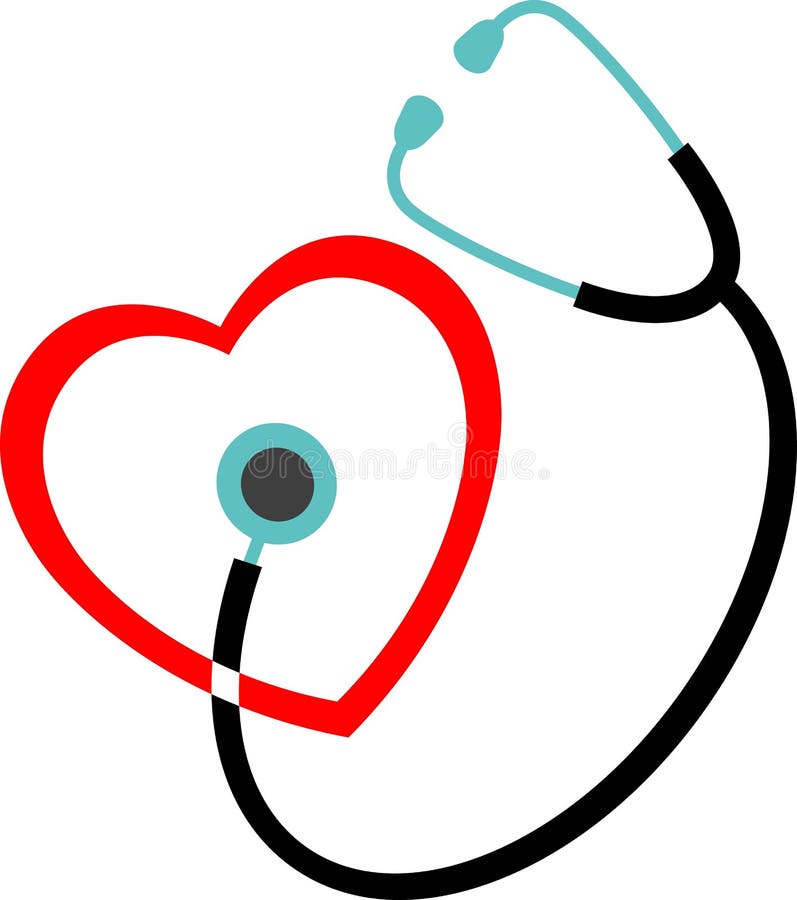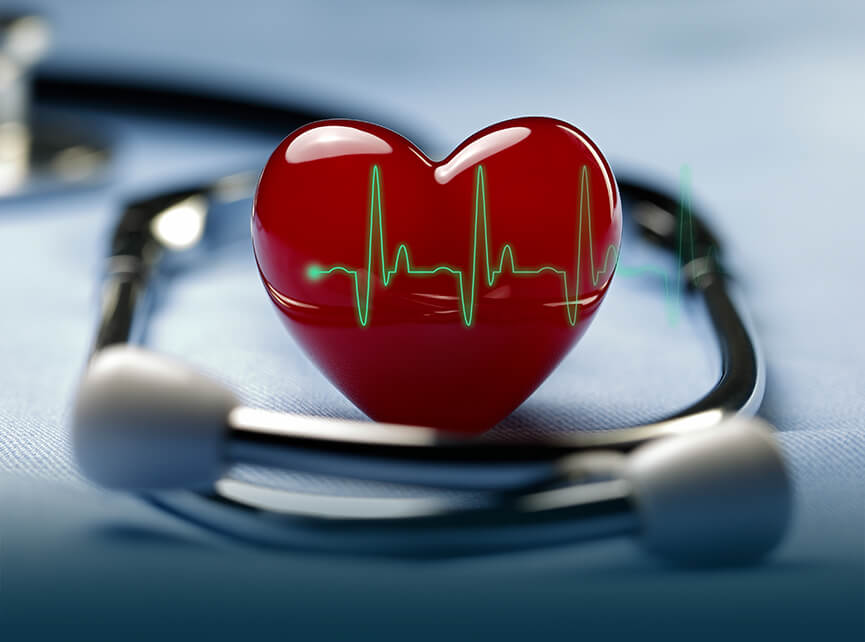Comprehending the Importance of Cardiology in Modern Healthcare Providers
Cardiology plays an essential duty in modern-day health care, particularly as heart illness remains to be the leading source of mortality worldwide. Breakthroughs in diagnostics and treatment have changed client care, allowing earlier treatments and improved results. Moreover, the shift towards precautionary cardiology encourages people to manage their wellness proactively. As technology continues to advance, the combination of ingenious options might additionally redefine cardiology's influence on public health, triggering a more detailed examination of arising trends and their implications.
The Frequency of Heart Problem and Its Influence On Public Health
Heart illness stays the leading cause of death worldwide, its impact prolongs much beyond private people to influence public health and wellness systems and economies. The high prevalence of heart condition positions a considerable stress on healthcare sources, demanding enhanced funding for avoidance, treatment, and rehabilitation programs. Public health and wellness campaigns should address risk variables such as excessive weight, smoking, and inactive way of lives, which contribute considerably to the increasing incidence of heart conditions.Moreover, the financial problem related to cardiovascular disease is enormous, incorporating not just straight clinical costs yet additionally indirect costs connected to lost productivity and premature mortality. Communities encounter challenges in taking care of these expenses, commonly resulting in variations in medical care access and results. As the populace ages and lifestyle-related risks proceed to intensify, the necessity for effective cardiology treatments comes to be critical. Dealing with heart disease is not only a matter of individual wellness but also a critical public health and wellness concern.
Advancements in Heart Diagnostics and Imaging Techniques
Recent advancements in cardiac diagnostics and imaging techniques have reinvented the area of cardiology, enhancing the ability to find and keep track of heart illness. Techniques such as cardiac MRI, CT angiography, and echocardiography have actually become increasingly sophisticated, offering comprehensive photos of heart structures and functions. These techniques permit for the very early identification of conditions like coronary artery disease, cardiac arrest, and valvular disorders.Moreover, advancements in non-invasive diagnostics, such as wearable technology and remote tracking devices, have equipped individuals and medical care companies. These tools facilitate real-time monitoring of heart rhythms and other necessary indications, bring about timely treatments. Additionally, man-made knowledge is being integrated into imaging analysis, enhancing precision and effectiveness in diagnosis.
Developments in Treatment Options for Heart Conditions
Current improvements in cardiology have brought about significant innovations in therapy options for heart disease. These consist of advanced medical techniques that boost step-by-step outcomes and arising drugs that provide new avenues for treatment. As the field progresses, these developments play an essential duty in enhancing person treatment and outcomes.
Advanced Surgical Techniques
Technologies in surgical methods have transformed the landscape of cardiology, supplying new wish for patients with heart disease. Minimally intrusive treatments, such as catheter-based treatments, have significantly minimized recovery times and health center remains. Strategies like robotic-assisted surgery improve precision, permitting doctors to browse intricate physiological structures with better precision. Moreover, innovations in imaging innovation facilitate real-time visualization during treatments, boosting end results. Transcatheter aortic valve substitute (TAVR) exemplifies a development in dealing with aortic constriction, making it possible for valve replacement without open-heart surgery. Additionally, hybrid strategies that incorporate medical and catheter-based approaches give customized services for different heart problems. These advanced surgical methods not only improve individual security yet likewise broaden therapy alternatives, highlighting the important function of development in contemporary cardiology practices.
Emerging Therapies and medicines
As the landscape of cardiology remains to progress, emerging therapies and medications play a pivotal duty in improving therapy options for heart problems. Developments such as novel anticoagulants and progressed lipid-lowering representatives have transformed the administration of cardiovascular conditions, substantially minimizing patient morbidity and mortality. Additionally, the growth of gene therapies and regenerative medication offers encouraging avenues for treating problems formerly considered irreparable. Scientific trials are continually exposing the efficiency of these therapies, pushing the limits of traditional treatments. The integration of electronic wellness technologies helps with tailored medicine, enabling for customized therapy plans based on genetic and way of life factors. Collectively, these improvements emphasize the vibrant nature of cardiology, boosting client outcomes and redefining standards of treatment in modern healthcare.
The Duty of Preventive Cardiology in Person Care
Preventative cardiology plays a crucial role in patient care by concentrating on the recognition of risk factors that add to heart problem. Via way of living alteration approaches and early detection techniques, health care providers can properly decrease the occurrence of cardio occasions - Cardiologist near me. This positive strategy not only improves individual results yet likewise promotes long-lasting health
Danger Element Recognition
While heart diseases continue to be a leading cause of morbidity and mortality worldwide, effective danger factor identification acts as a foundation of preventative cardiology. Identifying danger aspects such as high blood pressure, hyperlipidemia, diabetic issues, and household history is important for early treatment. Medical care experts make use of different evaluating methods to examine these variables, enabling customized preventative procedures. In addition, comprehending a patient's way of living choices, such as smoking cigarettes and physical lack of exercise, further notifies danger evaluations. This extensive examination allows clinicians to establish tailored treatment plans intended at mitigating threats. By focusing on risk aspect identification, health care systems can enhance client end results and decrease the overall concern of heart diseases, inevitably contributing to boosted public health and wellness strategies and resource allotment.
Lifestyle Modification Techniques
A multitude of studies highlights the critical function of way of living modification approaches in reducing heart disease risk. These methods incorporate nutritional modifications, boosted exercise, smoking cessation, and weight administration. By adopting a heart-healthy diet rich in fruits, vegetables, whole grains, and lean healthy proteins, people can lower cholesterol degrees and high blood pressure. Routine physical task enhances the heart and improves total cardiovascular health and wellness. Furthermore, stopping smoking Dr Garcia substantially decreases the threat of cardiovascular disease and boosts healing prices for those with status quo. Weight administration better adds to cardiovascular health and wellness by reducing various other threat factors such as diabetes mellitus and hypertension. Implementing these lifestyle transforms not only advertises private wellness however additionally functions as a foundation of precautionary cardiology in client treatment.
Early Discovery Methods
Lifestyle adjustments significantly add to reducing heart disease risks, but they are most effective when coupled with very early discovery strategies. Precautionary cardiology highlights the importance of determining potential heart concerns before they rise into serious conditions. Methods such as blood pressure tracking, cholesterol screening, and progressed imaging technologies like echocardiograms play critical duties in examining cardiovascular health. Biomarkers and hereditary screening also enhance the accuracy of early discovery, permitting customized precautionary methods. Regular heart threat examinations equip doctor to interfere proactively, possibly stopping heart strikes and strokes (Cardiology Jupiter). By integrating these very early detection techniques right into regular care, people can profit from timely lifestyle interventions and targeted treatments, eventually enhancing and improving outcomes top quality of life
Integrating Technology Into Cardiology Practices
As improvements in innovation remain to reshape different fields, the see this website combination of cutting-edge devices and systems into cardiology techniques has ended up being essential for improving client care and results. Telemedicine systems permit cardiologists to keep an eye on patients remotely, enhancing accessibility to care while lowering the concern on health care facilities. Wearable gadgets, such as smartwatches, allow continual heart price monitoring, informing both people and medical professionals to prospective problems in real-time. Additionally, man-made intelligence (AI) is being made use of to evaluate large quantities of heart information, assisting in very early medical diagnosis and personalized treatment plans. Advanced imaging techniques, including 3D echocardiography, enhance visualization of heart structures, bring about extra exact interventions. Digital health and wellness documents (EHRs) enhance person info administration, guaranteeing that cardiologists have instant accessibility to vital information. With each other, these technical innovations are transforming cardiology, advertising positive administration and enhanced wellness outcomes for patients with cardiovascular conditions.
The Value of Patient Education and Engagement
Patient education and learning and interaction play a pivotal duty in the monitoring of cardiovascular wellness. By equipping clients with expertise about their problems, therapy choices, and way of life adjustments, doctor empower individuals to take an active function in their treatment. This proactive approach can bring about boosted adherence to recommended medicines, nutritional modifications, and workout regimens, inevitably lowering the danger of complications.Engagement additionally promotes a strong patient-provider partnership, urging open interaction and trust fund. When people really feel educated and entailed, they are most likely to voice problems and ask questions, which can bring about far better medical outcomes. Furthermore, academic resources, such as workshops or electronic platforms, can improve understanding and advertise self-management strategies. On the whole, focusing on patient education and engagement is important for enhancing cardio health, boosting high quality of life, and decreasing health care expenses linked with heart diseases.
Future Patterns in Cardiology and Their Possible Influence

Frequently Asked Inquiries
What Lifestyle Adjustments Can Lower Cardiovascular Disease Risk?
The current concern addresses way of living modifications that can substantially minimize heart problem risk. Dr Garcia. Adopting a balanced diet, taking part in routine exercise, maintaining a healthy weight, managing tension, and preventing tobacco can significantly improve cardio health
Just How Can I Recognize Very Early Signs of Heart Troubles?
Identifying very early indications of heart problems entails surveillance signs such as chest discomfort, shortness of breath, exhaustion, and uneven heartbeat. Prompt awareness of these indicators can trigger essential clinical evaluation and treatment for much better end results.
What Are the Differences Between Cardiologists and Cardiac Surgeons?
The differences in between cardiologists and cardiac surgeons hinge on their functions; cardiologists mostly manage and detect heart disease via non-invasive methods, while heart surgeons do procedures to deal with architectural heart problems. Each plays an important, unique role.

Just how Frequently Should I Get My Heart Health And Wellness Checked?
The frequency of heart checkup varies based on individual risk factors. Generally, grownups ought to undertake examinations every one to 2 years, while those with present problems might call for even more frequent analyses as encouraged by health care experts.
What Duty Does Genes Play in Cardiovascular Disease Danger?
Genes substantially affects heart problem risk, with domestic patterns suggesting acquired problems. Details genes can incline people to high blood pressure, cholesterol issues, and various other cardiovascular issues, highlighting the importance of hereditary screening in evaluating heart health and wellness. Heart condition stays the leading reason of fatality worldwide, its influence prolongs much past individual clients to influence public health and wellness systems and economies. Public health and wellness efforts have to deal with danger factors such as weight problems, smoking, and less active lifestyles, which add substantially to the rising occurrence of heart conditions.Moreover, the economic burden connected with heart condition is tremendous, encompassing not just straight clinical costs yet additionally indirect expenditures connected to lost productivity and early death. Precautionary cardiology plays a necessary role in individual treatment by concentrating on the identification of threat variables that contribute to heart disease. Artificial knowledge (AI) and maker learning are enhancing diagnostics and patient surveillance, making it possible for early detection of heart conditions. The distinctions in between cardiologists and cardiac cosmetic surgeons lie in their roles; cardiologists mainly take care of and detect heart conditions with non-invasive techniques, while cardiac cosmetic surgeons perform surgical procedures to fix structural heart concerns.